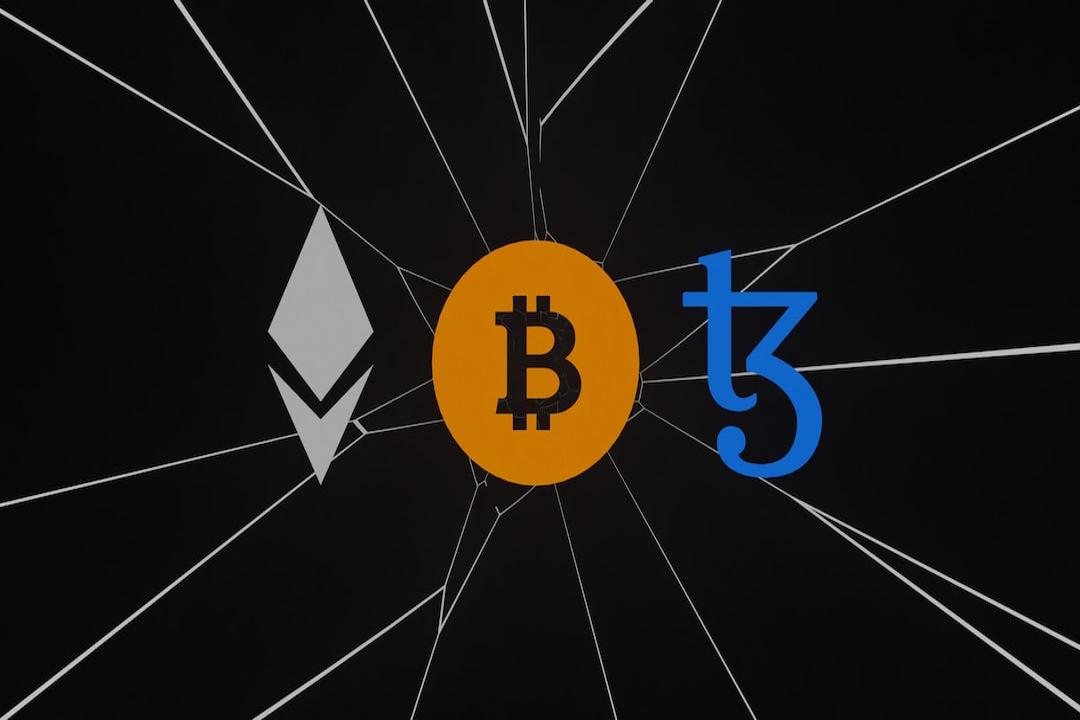The Tezos protocol has recently undergone its sixteenth upgrade, known as Paris, which was launched on Mainnet on June 4th, 2024. Tezos, a state-of-the-art blockchain recognized for its self-amending capabilities and community-driven on-chain governance system, continues to uphold its tradition of community-driven innovation and development with this upgrade. The Paris upgrade aims to enhance the speed, scalability, and reliability of the Tezos blockchain.
Key features of the upgrade include the Data-Availability Layer (DAL), 10-second block time, Adaptive Issuance, Staking, and Adaptive Slashing.
One significant addition brought by the Paris upgrade is the Data Availability Layer (DAL), which significantly boosts throughput on Layer 2. By promoting a decentralized, open, and reliable data distribution network, the DAL enables better participation with more cost-effective hardware and bandwidth requirements. With the introduction of the DAL, Tezos can increase the throughput for Smart Rollups, potentially processing millions of transactions per second. This enhancement is particularly beneficial for high-demand applications such as gaming, ticketing, and other data-intensive services.
The implementation of the DAL allows decentralized apps (dApps) of various types to be supported by verifiable and accessible rollup data. Tezos now stands as one of the most scalable blockchains without compromising security, making it an attractive option for companies and developers seeking to leverage blockchain technology for complex applications.
Furthermore, the Paris upgrade improves performance on Layer 1 by reducing block addition time from 15 seconds to just 10 seconds, leading to reduced latency and quicker finality. This enhancement results in faster transaction processing, enhancing user experience while maintaining the network’s security and reliability.
Adaptive issuance and a strengthened foundation for Proof-of-Stake are also key aspects of the upgrade. Adaptive issuance aligns the economics of Tezos’ native currency, tez, with practical use cases, making it more suitable for rollups, DeFi, and lending markets. The new staking mechanism enhances network security by increasing the amount of funds locked in Tezos’ Proof-of-Stake. Users can now contribute to a baker’s security deposit without relinquishing control over their funds, earning rewards without the risks associated with centralized staking options.


